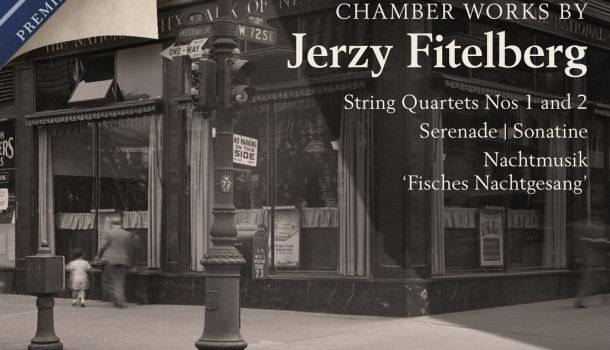The Munich-based newspaper, Süddeutsche Zeitung, reviews ARC Ensemble’s recent performance at the Dachau Castle Concert.
[The Ben-Haim Piano Quartet] belongs on the Dachau Castle Concert podium. How nice that it was able to make the leap into live performance as part of this thematically ambitious and very demanding concert. It is the ARC Ensemble’s hope that these sublime works, works that transcend their own time and place, find their way into the concert hall, and that they join ‘the canon of 20th century masterworks’. The ensemble achieved this goal on Saturday night. And through this, Dachau became a musical place of learning.
Since 2008, Pro Musica Hebraica has proudly collaborated with the ARC Ensemble, the ensemble-in-residence of Canada’s Royal Conservatory of Music, in three concerts devoted to bringing forgotten Jewish music to the concert hall. Read more about them at the links below.
